Invited Speakers
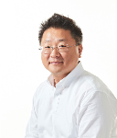
Prof. Woongchul Choi
Kookmin University, South Korea
Woongchul Choi is a Professor in the Department of Automotive Engineering at Kookmin University and also serves Motor Magazine as a journalist. He received his Bachelor of Science (Mechanical Engineering) from Seoul National University in 1987 and earned his Master of Science and Ph.D. degree both from the Ohio State University in Columbus, Ohio in 1989 and 1995 respectively. He started his professional career as a founding member of a small high tech venture company specializing in the development of stereoscopic image based flow field measurement system and successfully carried out many research projects with major automotive OEMs. His recent research interest includes characterization of battery cells, diagnostics and performance evaluation of battery cells and modules, development of super-fast charging algorithm with little damage to battery cells, and more on the strategic placement of EV charging infrastructure for the successful EV deployment. He writes articles to promote the better understanding of EV, charging infrastructures, battery technologies and future mobilities for energy independent smart cities.
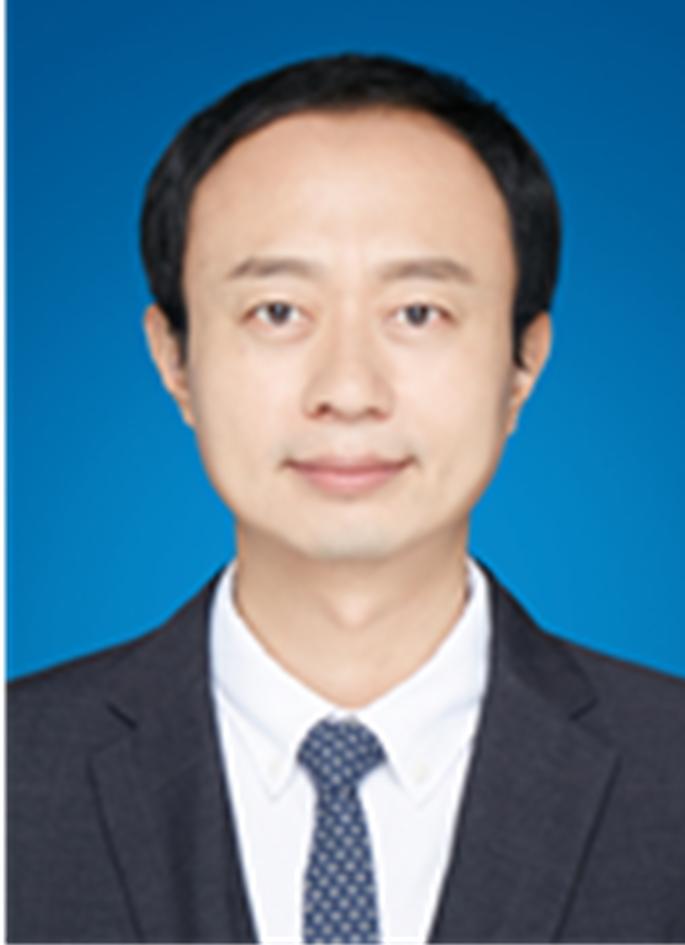
Prof. Yukun Bao
Huazhong University of Science and Technology, China
Yukun Bao is a full professor affiliated with both School of Management and School of Electrical and Electronic Engineering, Huazhong University of Science and Technology, and deputy director of Center for Modern Information Management (Key Research Center sponsored by Hubei Provincial Government). He is known internationally for his work on the use of AI-enabled analytics for energy and business as well as addressing energy market policy and regulation. He has been the PI for five NSFCF projects and established research ties with many industry partners. He is ranked among the top 2% of most influential scientists (yearly and life-time) in the world by the Stanford University/Mendeley List (since 2022), Highly-cited Scholars in China (Emerald, since 2020) and among the top Computer Science researchers in China (research.com). He is the associate editor of Elsevier's journals of Computers in Industry and Neurocomputing, and IEEE Senior Member since 2013.
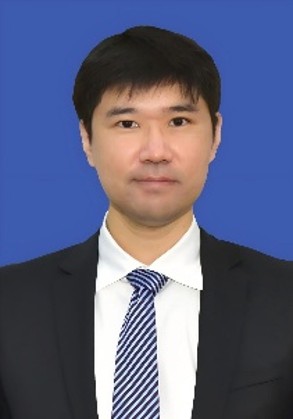
Prof. Haoran Zhao
Shandong University, China
Haoran Zhao is currently a National Distinguished Professor, PhD supervisor, and Deputy Dean of the School of Electrical Engineering at Shandong University.
He received the Ph.D. in Electrical Engineering and then worked as a postdoctoral researcher at the Technical University of Denmark. He is a senior member of IEEE, a member of CIGRE Working Group C6.C1.33 (Integrated Energy Systems), a member of CIGRE C4.56 (Simulation Model of Large Grid Electromagnetic Transients for Large-scale Power Electronic Integration), an expert of the IEC SC 8A Working Group, and Vice President of the Shandong Energy Research Association.
Prof. Zhao has long been engaged in research on renewable power generation and grid integration, renewable power system modeling and simulation, and optimization and control of integrated energy systems, and has made a series of original achievements. He has presided over and participated in a number of the National Key Research and Development Projects of China, European Union and Nordic energy projects, power system software development projects, and European Union invention patents. In addition, he won the Third Prize of the 2021 China Electric Power Science and Technology Progress Award and the First Prize of the Guangdong Electric Power Technology Progress Award. He also won two silver prizes at the 2022 Geneva Invention Exhibition (“Digital Twin of Wind Turbine” and “Digital Twin of Wind Farm”), and the Third Prize for Technological Invention (Key Technologies and Applications of Integrated Energy System Optimization and Operation) of the China Instrument and Control Society in 2022.
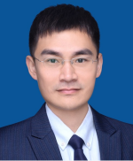
Prof. Ronggang Ni
Qingdao University, China
Ronggang Ni received the B.S., M.S. and Ph.D. degrees from Harbin Institute of Technology, Harbin, China, in 2010, 2012 and 2017, respectively, all in electrical engineering. From 2015 to 2016, he was a visiting scholar at Aalborg University, Denmark. In 2017, he was with the Shanghai STEP Electric Corporation, Shanghai, China. From 2018, he has been with Qingdao University, Qingdao, China, and currently a full professor and the vice dean of the School of Electrical Engineering. His research interests include electric machine design and drive. Dr. Ni is a senior member of IEEE, and member of IEEE VTS VPP committee. He is PI of several projects granted by National Science Foundation of China and Shandong Province, and the leader of Shandong Provincial Innovation Team on new energy transportation and electric drive. He has authored and coauthored more than 30 technical papers and holds 13 patents. He was awarded the First Prize of Technological Invention of the Shandong Association of Automation, and the Second Prize of Science and Technology Advancement of Qingdao City.
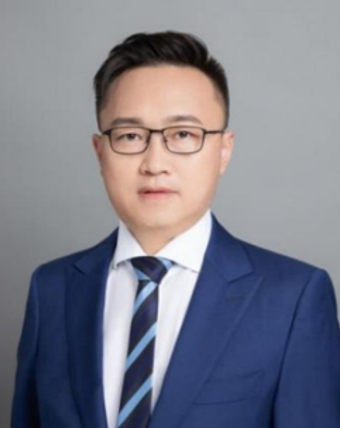
Prof. Jiang Li, IEEE Senior Member
Shanghai University of Electric Power, China
Jiang Li (Senior Member, IEEE) received the B.S. degree from Shanghai University of Electric Power, Shanghai, China, in 2003, the M.S. degree from Northeast Electric Power University, Jilin, China, in 2006, both in electrical engineering, and the Ph.D. degree in power system and automation from North China Electric Power University, Beijing, China, in 2010.
He was with Cornell University, Ithaca, USA, for one year as a visiting scholar. He is currently a Professor with the School of Electrical Engineering, Shanghai University of Electric Power. His research interests mainly include the generation of renewable energy, and the operation and control of power systems. He has published over 120 academic papers, including more than 20 SCI-indexed papers and 60 papers in EI-indexed journals.

Assoc.Prof. Muhammad Junaid
China University of Mining and Technology, China
Muhammad Junaid received his Ph.D. (2020), M.S. (2015), and B.Eng. (2011) in Electrical Engineering with specialization in Power system engineering. Since late 2020, he has been serving as an Associate Professor at the School of Electrical Engineering, China University of Mining and Technology, Xuzhou, China. Previously, he was a Research Fellow at King's College Aberdeen, University of Aberdeen, in Scotland, and a Lecturer in Power Engineering at the Department of Electrical Engineering, SARHAD University of Science & Information Technology, in Pakistan. Dr. Junaid's research focuses on alternatives to the SF6 gas and key technologies for fault current interruption, including vacuum interrupters, cryogenic dielectrics, and high voltage insulation. He is a Senior Member of IEEE, a member of the Chinese Society of Electrical Engineering (CSEE), the European Society for Applied Superconductivity (ESAS), and IAENG Hong Kong, and a life member of the Pakistan Engineering Council (PEC). He has been involved in 10 funded projects, presiding over 8 of them, and holds 11 patents and 56 publications.
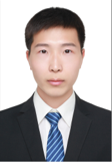
Lecturer Chenhao Wu
Shanghai University, China
Chenhao Wu received the B.E. degree in automation, M.E. and Ph.D. degrees in control science and engineering from the College of Electronic and Information Engineering, Tongji University, Shanghai, China, in 2015, 2018, and 2023, respectively. He is currently a Lecturer with the School of Mechatronic Engineering and Automation, Shanghai University. From September 2021 to August 2023, he researched with the Chair of Electrical Drive Systems and Power Electronics, Technical University of Munich (TUM), Munich, Germany, as a visiting scholar. He has published more than 30 research articles on international journals and conferences. His current research interests focus on prognostics and health management of power electronic systems, modeling power electronic component failure mechanisms, digital twin and digital triplet, condition monitoring, and machine learning. He was a recipient of the the nomination for the Best Paper Award of the China Automation Congress (CAC) 2024. He also serves as a Peer Reviewer for several journals and the Technical Program Committee for the 2025 IEEE International Conference on Digital Twin (IEEEDT).
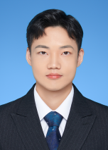
Dr. Song Ke
The Hong Kong Polytechnic University, China
Song Ke is currently a Postdoctoral Fellow at the Department of Electrical and Electronic Engineering and the Research Centre for Grid Modernization, The Hong Kong Polytechnic University. He received his Ph.D. degree in Electrical Engineering from Wuhan University in 2024. He is a Member of IEEE and an active member of IEEE PES and IEEE Young Professionals. He has served as a reviewer for journals including TSE, TII, TIA, Energy, IET ECE, RSER, SETA, EPSR, as well as leading Chinese journals such as Automation of Electric Power Systems and Power System Technology. He was selected for the Wiley Open Science Excellent Author Program in 2023 and 2024, received the Best Paper Award of IET ECE in 2023, and was recognized as an Outstanding Reviewer of IET ECE in 2024. His research focuses on vehicle-to-grid (V2G) interaction, frequency response control strategies of electric vehicles, battery management system enhancement for V2G, microgrid resilience improvement, and frequency control. He has published more than 30 academic papers, including 8 SCI-indexed and 5 EI-indexed papers as the first or corresponding author.
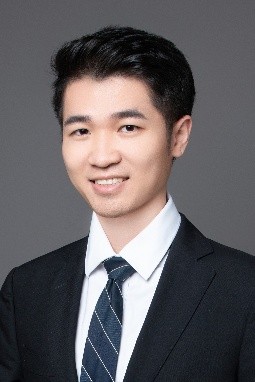
Asst. Prof. Siyuan Chen
Wuhan University, China
Chen Siyuan is currently an Assistant Researcher at the School of Electrical Engineering and Automation, Wuhan University. He received his Master's degree and Ph.D. degree from Wuhan University in 2018 and 2022, respectively. He is a member of the IEEE Wuhan Section. He serves as a reviewer for journals including TSG, TPS, AE, and SETA. His research interests focus on power system operation and dispatching, as well as the application of artificial intelligence technology.
